UEFI
-
Blog
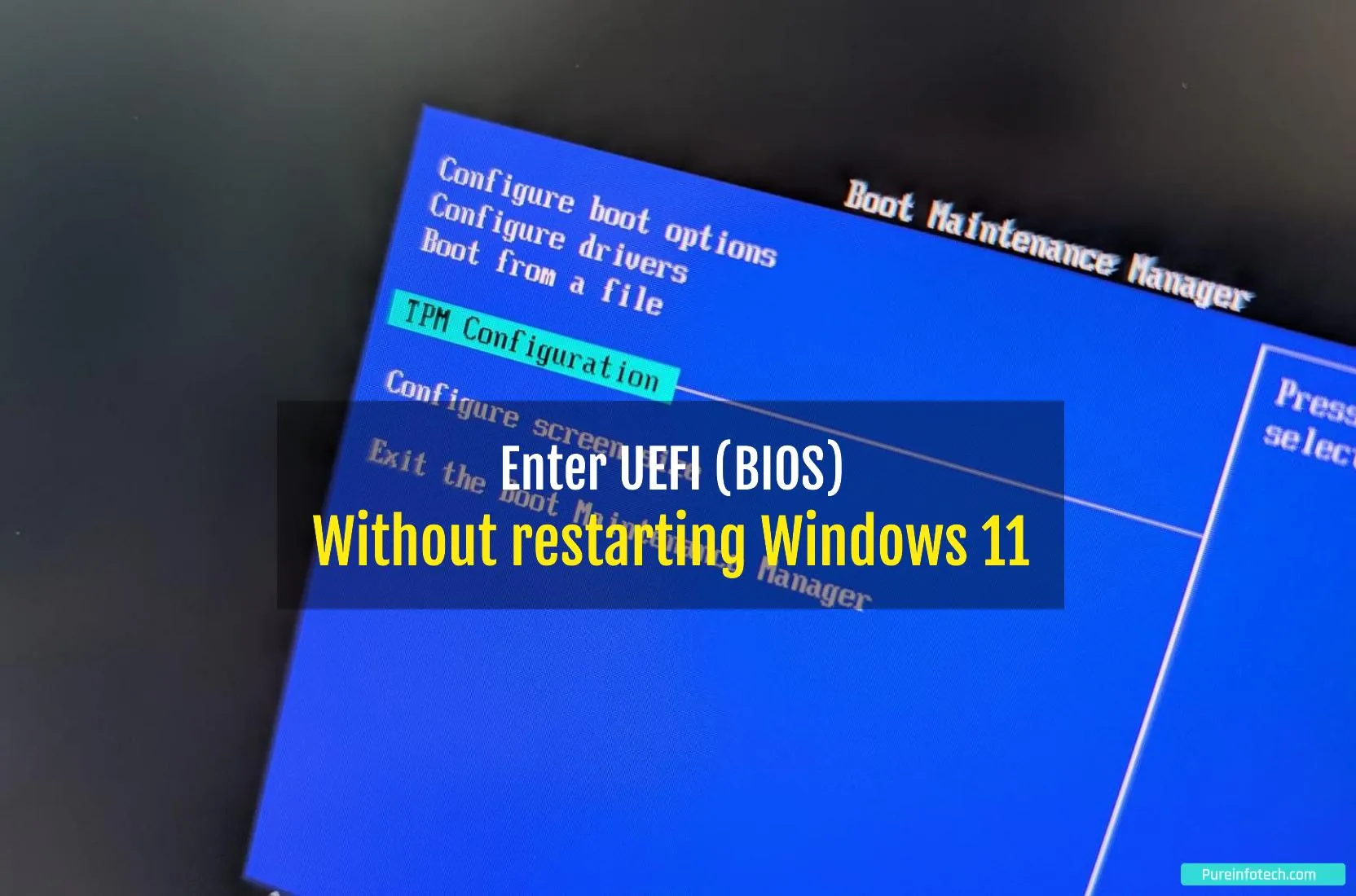
How to access UEFI (BIOS) without restarting Windows 11, 10
Accessing your computer’s Unified Extensible Firmware Interface (UEFI), commonly known as BIOS, typically requires a system restart. However, you can use the hibernate feature on Windows 11 (or Windows 10) to enter the UEFI without fully restarting your active session. I recently started noticing weird noises from the computer’s fans. Since the motherboard controls the fans, I needed to boot…
Read More » -
Blog
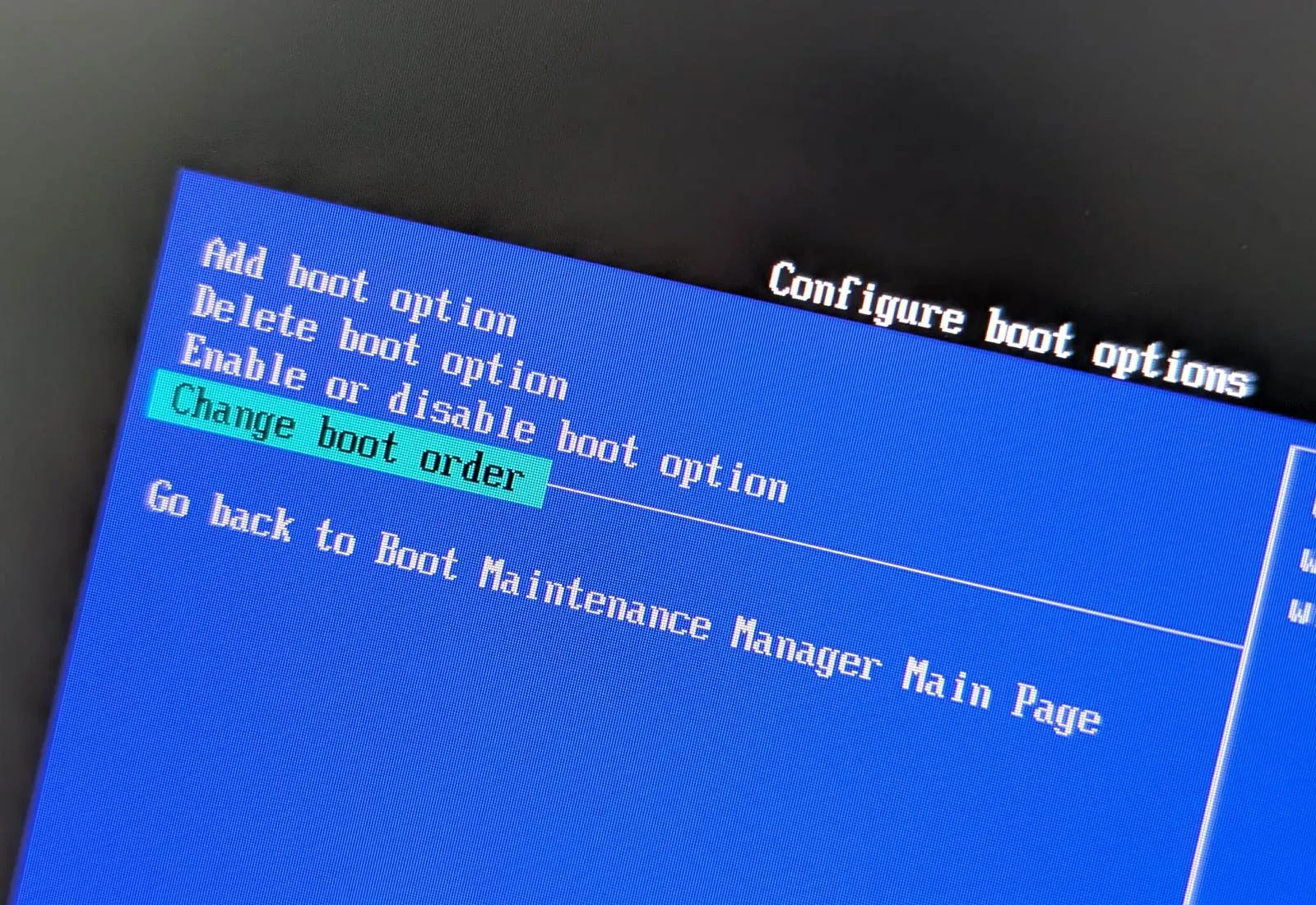
How to change UEFI (BIOS) boot order to USB on Windows 11
To change the UEFI (BIOS) boot order on Windows 11, open Settings > System > Recovery, click the “Restart now” button for the Advanced startup setting and then open Troubleshoot > Advanced options > UEFI Firmware Settings. In the BIOS interface, change the boot order, making sure the computer can start from a USB flash drive. UPDATED 12/31/2024: On Windows 11,…
Read More » -
Blog

BootKitty UEFI malware exploits LogoFAIL to infect Linux systems
The recently uncovered ‘Bootkitty’ Linux UEFI bootkit exploits the LogoFAIL flaw, tracked as CVE-2023-40238, to target computers running on vulnerable firmware. This is confirmed by firmware security firm Binarly, which discovered LogoFAIL in November 2023 and warned about its potential to be used in actual attacks. Bootkitty and LogoFAIL connection Bootkitty was discovered by ESET, who published a report last…
Read More » -
Blog

Researchers discover first UEFI bootkit malware for Linux
The first UEFI bootkit specifically targeting Linux systems has been discovered, marking a shift in stealthy and hard-to-remove bootkit threats that previously focused on Windows. Named ‘Bootkitty,’ the Linux malware is a proof-of-concept that works only on some Ubuntu versions and configurations rather than a fully fledged threat deployed in actual attacks. Bootkits are malware designed to infect a computer’s…
Read More » -
Blog
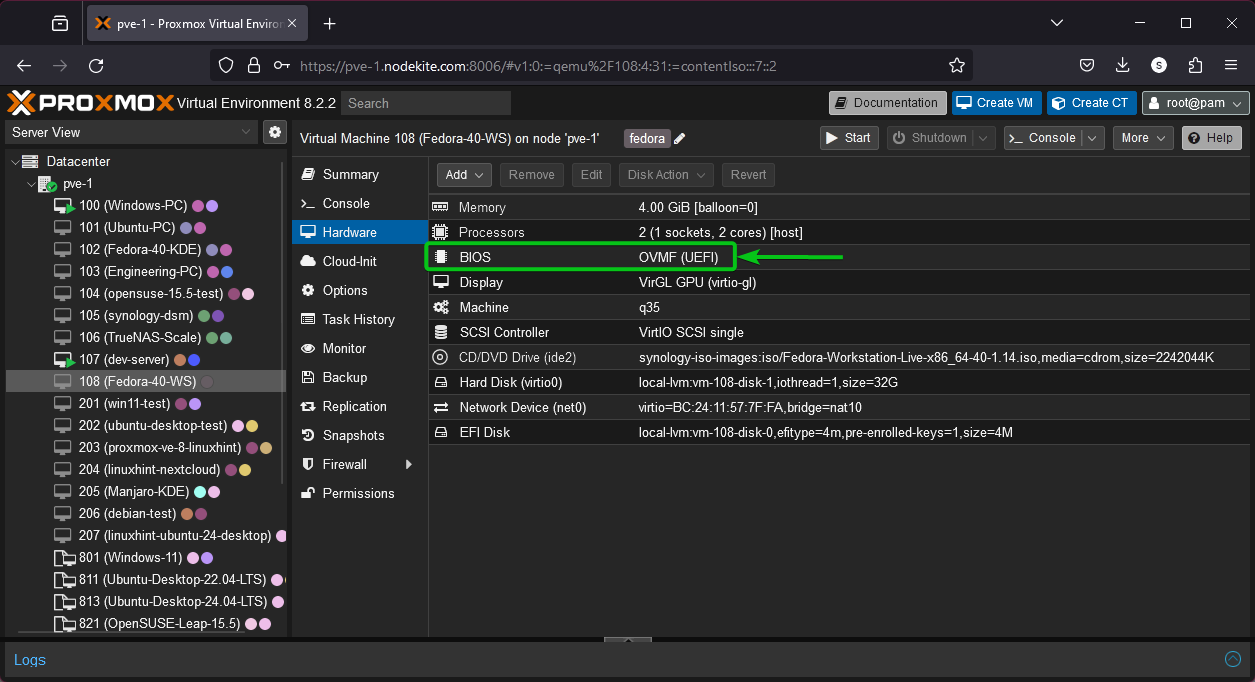
How to Disable UEFI Secure Boot on a Proxmox VE Virtual Machine
For GPU passthrough to work or for installing specific device drivers on a Proxmox VE virtual machine, you may need to disable UEFI Secure Boot on your Proxmox VE virtual machine. In this article, I will show you how to disable UEFI secure boot on a Proxmox VE virtual machine. The procedures shown in this article will also work on…
Read More » -
Blog
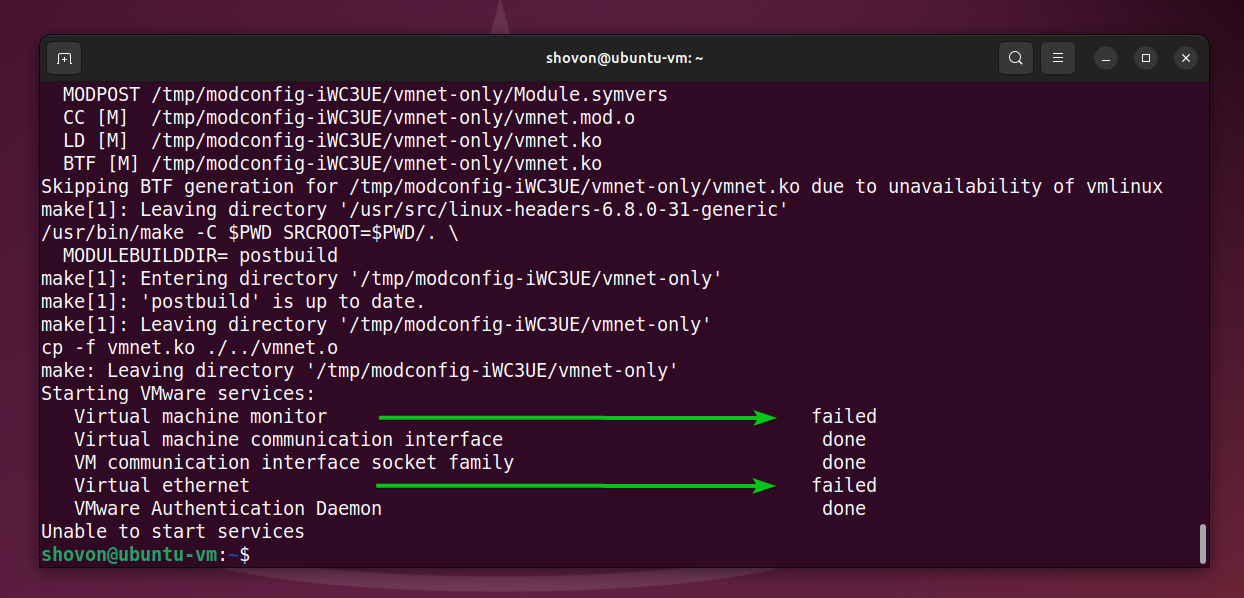
How to Sign VMware Workstation Pro Kernel Modules on UEFI Secure Boot Enabled Linux Systems
For VMware Workstation Pro kernel modules to load on UEFI Secure Boot enabled Linux systems, you must sign them manually. Unsigned VMware Workstation Pro kernel modules won’t load, resulting in VMware Workstation Pro services failing to start. As you can see, VMware Workstation Pro services failed to start after the VMware Workstation Pro kernel modules were compiled successfully. The…
Read More » -
Blog
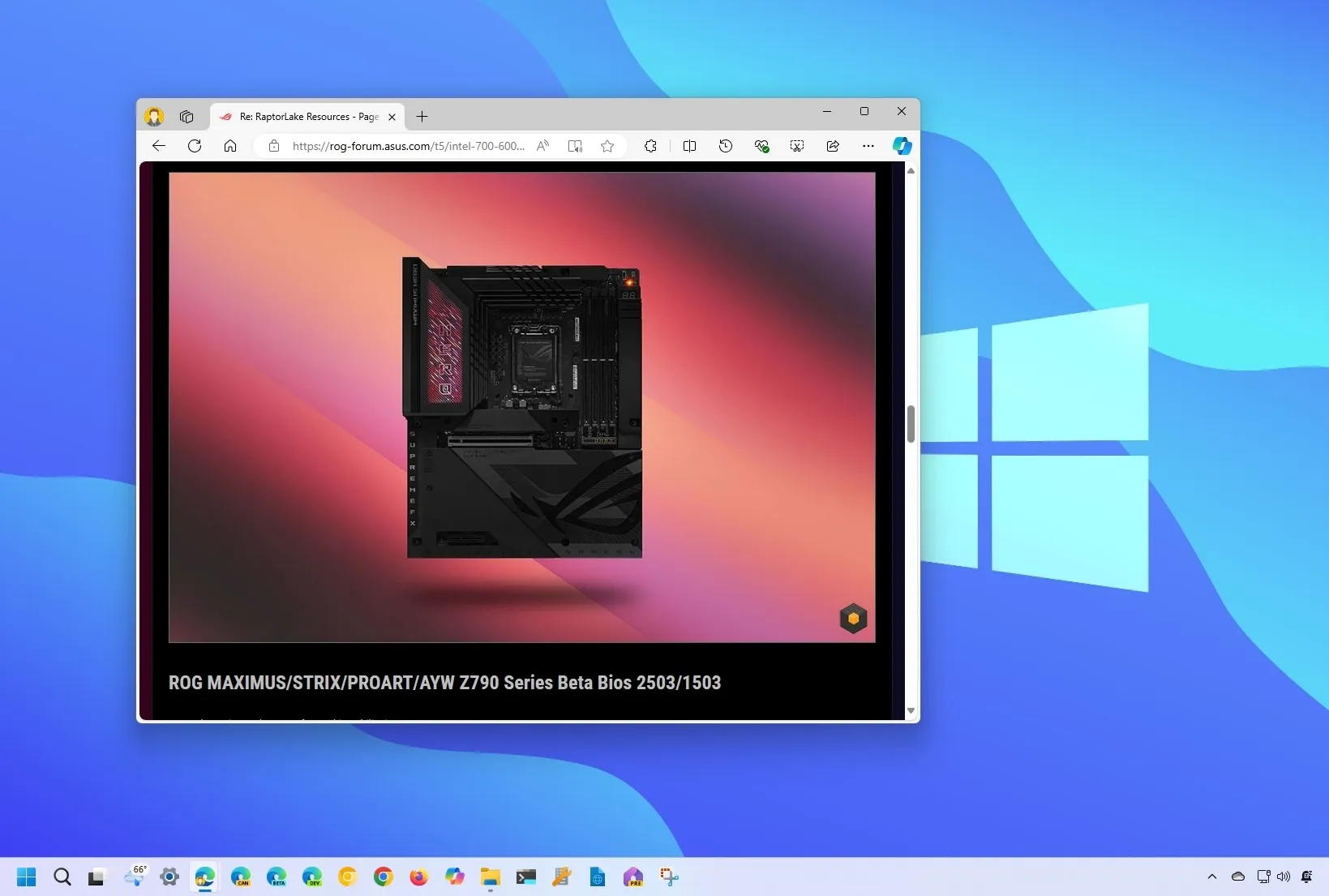
How to install ASUS BIOS (UEFI) update to fix Intel 13th and 14th CPUs issue on Windows 11
ASUS is testing a BIOS (UEFI) update for its Z290 motherboards to address stability problems with Intel 13th and 14th Gen Core (Raptor Lake) processors. The new microcode version 129 hasn’t been designed to fix processors that have already been affected by exposure to elevated voltages. Instead, this update should help to prevent the chips that are still in good…
Read More »

